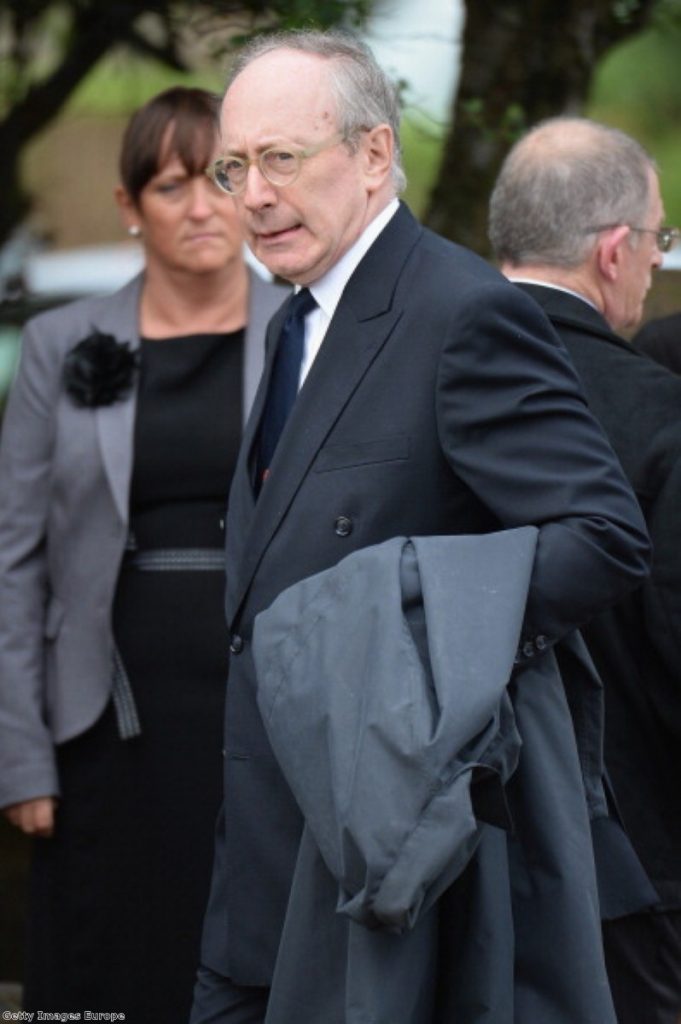Rifkind steps down: Now Kensington deserves an MP and Britain deserves a security watchdog
Malcom Rifkind's decision to step down as MP for Kensington and chair of the intelligence and security committee (ISC) allows two jobs to be filled by people who might actually do them.
Since video emerged on Sunday night of Rifkind trying to secure employment with a made-up Chinese firm, it has been clear he is not committed to the people of his constituency.
"You'd be surprised how much free time I have," he said. "I spend a lot of time reading, I spend a lot of time walking."
Many political commentators – politicians and journalists – have since sought to justify these comments. It is indecent of them to do so. Kensington may have a reputation for wealth and luxury, but that is only half its story. In a way which is typical of London, nestled in around the enclaves of money there are significant and above-average levels of deprivation.


The wards of Norland, Colville and Golbourne each include at least one 'lower super output area' in the 20% most deprived in the country. Golbourne is the 8th most deprived ward in London – out of 627.
Even in its previous, more safely Tory, incarnation of Kensington and Chelsea, it was the 19th most deprived borough in London with the 21st highest level of child poverty. Some 25% of children in the area were thought to be living in poverty. It has some of the worst air quality in the capital.
These problems evidently did not weigh on Rifkind, who found plenty of time for long walks and reading sessions during the working week, despite having a second job as chair of the ISC as well as his other numerous commercial arrangements. He did not do this second job very well either.
The ISC is tasked with scrutinising the behaviour of the intelligence agencies. It assures us that its behind-closed-doors meetings with security chiefs are adversarial and effective.
So it was confusing when the Snowden files emerged and it transpired British citizens were being routinely spied on illegally. Did Rifkind and the committee fail to discover this? Or did they discover it and fail to inform us? The former option suggests they are inept, the latter that they are functionally ineffective. Either way, it did not bode well.
In an effort to bolster their credibility, they held a session in public. It did not do what it was intended to do. Contrary to the usually aggressive questioning from select committee chairs, the questions were broad, sympathetic and not in the least bit revealing. If they were this supine in public, one could only wonder what they were like in private. The idea that Rifkind and other committee members like Hazel Blears were tough seekers of truth behind closed doors was simply not credible.
By the time details of the Telegraph/Channel 4 sting operation were released, Rifkind had another problem. Even a cursory Google search of the supposed Chinese firm would have quickly shown that it was fake – or at least prompted enough uncertainty to demand some caution. But instead Rifkind leant back in his chair, pontificated about his £8,000-a-morning salary expectations and walked right into a career-ending scandal.
Jack Straw sting was by "PMR Communications", fake firm set up by Channel 4. It fails a basic Google test. C'mon man: pic.twitter.com/hzTmmbdHeY
— Jim Waterson (@jimwaterson) February 23, 2015
The fact he was willing to hawk himself out to Chinese firms while chairing a scrutiny committee of the British intelligence services is one thing. But even more concerning was this basic lack of competence. If he was so incapable of assessing the people he was meeting and adjusting his behaviour accordingly, he would have been equally incapable of scrutinising intelligence agencies, or, crucially, of making sure he was not manipulated by agents of a foreign power via lucrative commercial relationships.
Rifkind was right to go and to do so in a timely manner. The people of Kensington deserve a better member of parliament and the people of Britain deserve a better watchdog of the intelligence agencies.









